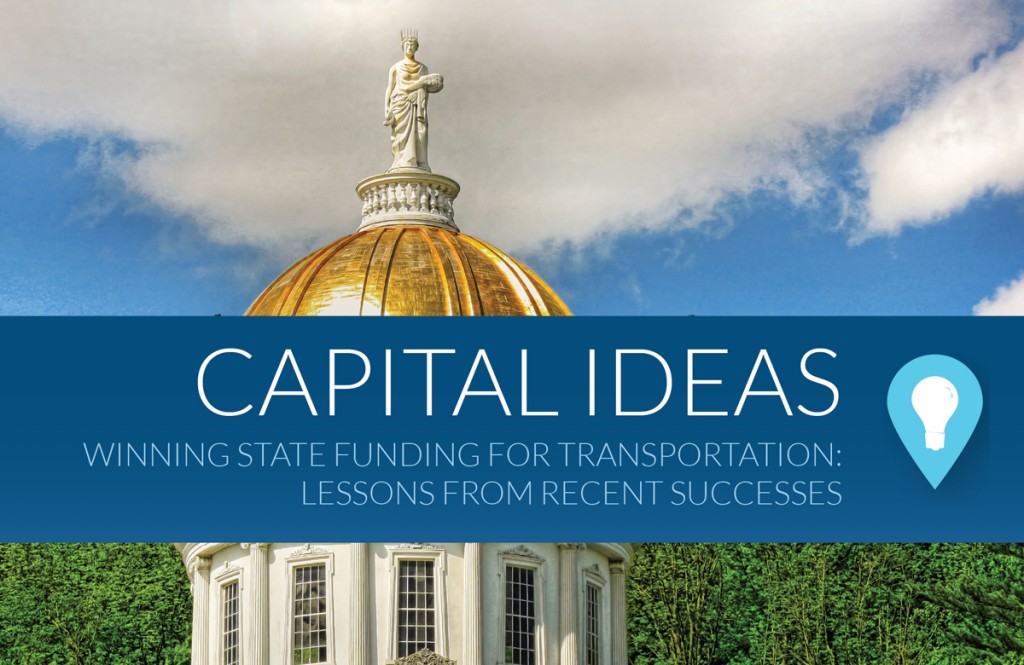
Smarter transportation case study #3: Specialized Customer Information: Pittsburgh, Pa.
The ACCESS program in Pittsburgh, Pennsylvania integrates non-profit and for-profit transit providers to maximize service for older residents and the disabled.
Harnessing technology makes it easier for some our most vulnerable neighbors – older adults and persons with disabilities – to use public transportation. Pittsburgh’s ACCESS project demonstrates how low-cost technology improves service, alleviates the concerns of waiting customers and saves money.
ACCESS is a door-to-door, advance reservation, shared ride transportation service serving primarily older adults and the disabled in Pittsburgh and the surrounding area. On-demand transportation services are provided from 6:00 a.m. to midnight, seven days a week, with additional hours on selected routes. There are no restrictions on the purpose or number of trips, but riders are required to share the vehicle with others.
![]() The ACCESS network integrates several non-profit, for-profit and public transportation providers from 10 locations.
The ACCESS network integrates several non-profit, for-profit and public transportation providers from 10 locations.
“People ride for a bunch of different reasons, which is good,” Gerry Miller, operations manager for Town and Country Transit, told the Pittsburgh Tribune-Review. “To have people with disabilities be able to live independently because of the service is a great thing.”
The agency has installed a low-cost, real-time information system to support drivers’ schedules and improve on-time arrivals. The system allows ACCESS to more easily make trip-by-trip eligibility determinations and provide detailed information to customers seeking fixed routes. ACCESS also generates automated telephone calls that announce arrival times for waiting customers.
ACCESS conducted a series of surveys to track customer satisfaction with the new system. In 2009, the average weekday ridership for ACCESS was 5,832.
For more information: Pittsburgh Tribune-Review
—-
Editor’s Note: Our new report on smarter mobility demonstrates how existing and emerging technologies can squeeze more capacity from over-burdened highways, help commuters avoid traffic delays and expand and improve transportation options, all while saving money and creating jobs. Many of these smart transportation solutions are already fueling innovation throughout the country, through both the public and private sector. These 14 case studies from around the U.S. and the world demonstrate the community benefits smart mobility solutions are giving regions, cities, and businesses.



